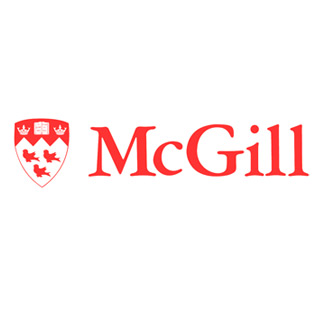
Scientists examined data collected form an analysis on exposures in the workplace and the risk of developing cancer that was conducted between August 1979 and March 1986. The analysis enlisted 3,300 men aged between 35 and 70 years. These participants were detected with cancer in one of Montreal’s 18 hospitals. The controlled group involved 512 people from the general population who were not affected with cancer.
Professor Marie Claude Rousseau of the INRS-Institut Armand-Frappier, one of the co-authors of the research elucidates, “Asthma and eczema are allergies brought about by a hyper-reactive immune system – a state which might have enabled abnormal cells to have been eliminated more efficiently, thereby reducing the risk of cancerâ€.
Experts used this data to evaluate if there was a relation between allergies such as asthma, eczema and the effect of eight most common types of cancer. Findings highlight significant knowledge about population health and provide new study leads. The analysis did not reveal which factors linked to asthma and eczema reduced the risk of cancer. However, it paves a path to evaluate the molecular and immunological mechanisms involved in immunostimulation that is a promising strategy for cancer prevention.
These findings were published in the Annals of Allergy, Asthma & Immunology.
